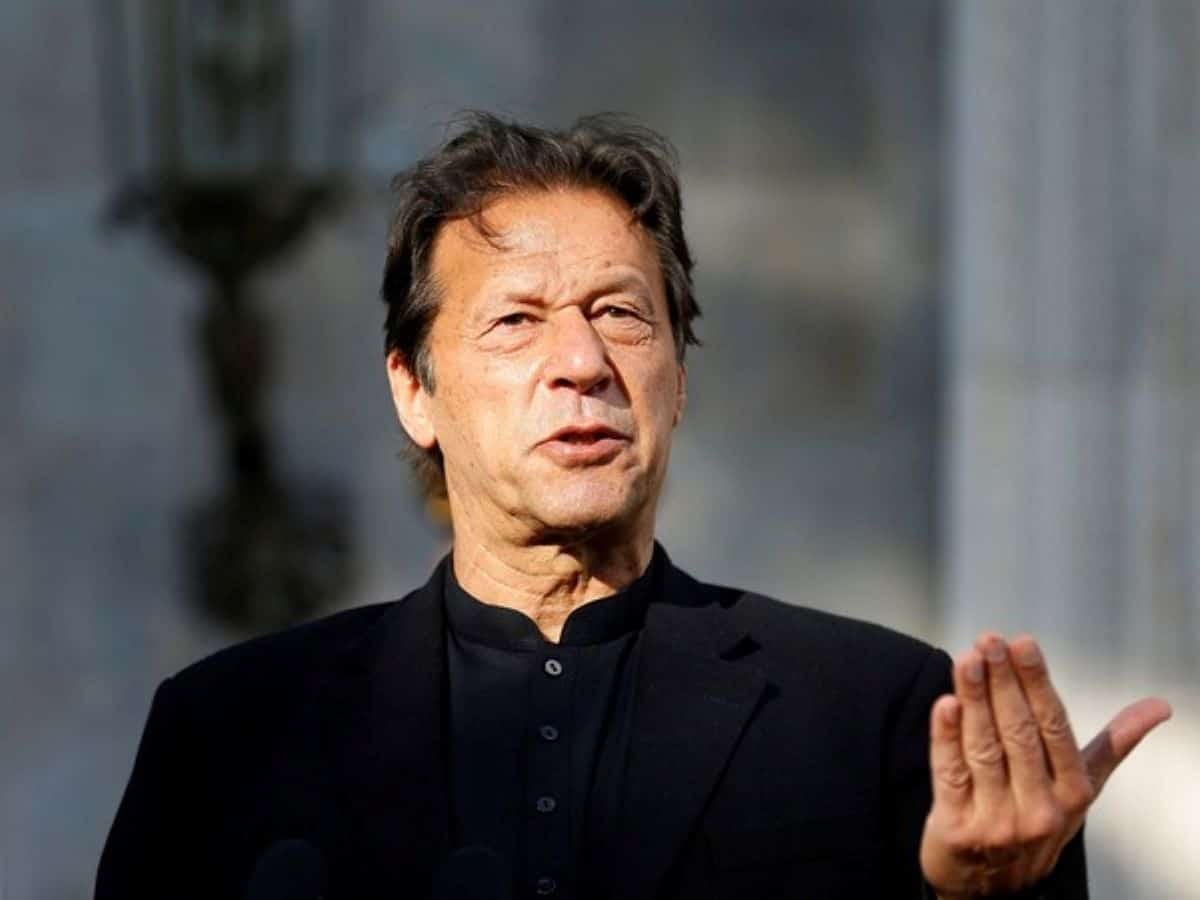
Islamabad: Former Prime Minister and Chairman of Pakistan Tehreek-e-Insaf (PTI), Imran Khan, has slammed the ruling government under Prime Minister Shehbaz Sharif for failing to tackle the prevailing economic crisis in the country.
Khan said that the Sharif family has never been competent in handling difficult economic situation in Pakistan.
“The Sharif family never had any expertise in running the economy,” Khan said.
Reminding of his time in power, Khan said, “In April this year, the rupee stood at Rs 178 against the US dollar. Today, it is Rs 224, and is in a freefall despite the IMF (International Monetary Fund) agreement. The economic meltdown shows that the only expertise of the Sharif family is looting, money laundering and getting NROs.”
“The nation will hold accountable all those responsible for the regime change conspiracy and bringing Pakistan to this sorry state of affairs,” he added.
Khan’s statement same at a time when Pakistani rupee is on a sharp fall against the dollar while the market has lost over 1,500 points in the last two days of trading.
The prevailing political uncertainty in the country, coupled with an unstable government which seems to be unsure as to whether it will remain in power, has raised serious doubts among the business community.
The nosedive of Pakistani rupee against the dollar has also led to Fitch Ratings downgrading the country’s economic growth from ‘stable’ to ‘negative’.
“We are aware of IMF board approval of Pakistan’s new staff-level agreement with the IMF, but see considerable risks to its implementation and continued access to financing after the programme’s expiry in June 2023 in a tough economic and political climate,” Fitch said.
Pakistan’s deteriorating external liquidity position and financing condition, coupled with risks from renewed political volatility, is causing severe damage to the country’s financial standing, and a clear threat of bankruptcy has started to emerge.
Analysts believe that conducting general election is the only option left on the table of the government, as it would lead to political certainty and will appoint a new government for at least five years, which could stabilise the uncertain political bumps that the country is faced with at the moment.
However, the ruling government believes that its priority is not holding elections, as it prepares to take more difficult and unpopular decisions in the coming days, aimed at ensuring economic stability in the country.
